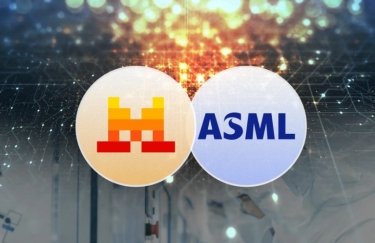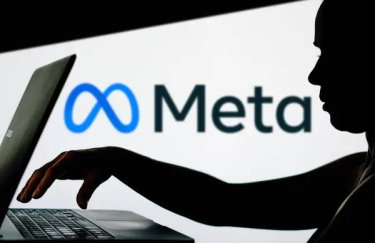
Mistral and ASML have signed an AI agreement. Illustration from the website rappler.com
Dutch chip giant ASML has agreed to invest €1.3 billion in French artificial intelligence startup Mistral, creating an alliance between two leading European technology companies at a time of growing concern about dependence on American Big Tech.
This is reported by Delo.ua with reference to the Financial Times.
Mistral said on Tuesday that it is raising a total of €1.7 billion in a new funding round, valuing the two-year-old startup at almost €12 billion including the new investment.
ASML CEO Christophe Fouquet noted that the decision to invest such a significant amount in Mistral and become its largest shareholder reflects the vision of AI as a “strategic technology” and the desire to demonstrate “long-term credibility.”
The deal brings together Europe's strongest AI startup and one of the continent's most valuable public companies, which supplies equipment to produce advanced chips needed to train and run AI models.
Mistral CEO Arthur Mensch said that for both economic and strategic reasons, “it is important that European companies do not become overly dependent on American technology.” At the same time, both leaders played down the idea that the deal was motivated by a desire to strengthen Europe's technological sovereignty amid tensions between the United States and China.
ASML has been hit by both U.S. import tariffs and Washington's restrictions on the types of chip-making equipment it can sell to China. But Fouquet stressed that the company “did not choose Mistral just because they are European,” calling the sovereignty “an added advantage.”
“I think it will help the European ecosystem, but we are doing it because it is good for Mistral and good for ASML,” he said.
Mensch noted that the partnership will help develop the capabilities of the company's systems further beyond the standard features offered by competitors: “There's a lot of expertise that we'll never be able to integrate into our [AI] models unless we find the right partners.”
Paris-based Mistral, which already has more than 350 employees, is also raising new capital from existing investors Andreessen Horowitz, Bpifrance, General Catalyst, Index Ventures, Lightspeed and Nvidia.
The company's current valuation of €11.7 billion has almost doubled since the previous round in June 2024. However, chatbot maker Le Chat lags far behind its US competitors: OpenAI is in talks for a new share sale at a valuation of $500 billion, and Anthropic recently announced a deal that valued the company at $183 billion.
Mistral also faces growing competition from Chinese players such as DeepSeek and Alibaba, which are developing “open” AI systems, making advanced AI capabilities freely available to anyone.
Mensh said the company is “taking a different path” than its American competitors: “Our rivals in the US are more focused on the mass consumer market… For us, the biggest value is in partnering with truly technology companies.”
Mistral already has clients including automotive group Stellantis (Fiat, Chrysler brands), which uses AI tools to manage supply chains and create an embedded automotive assistant. Mistral is also working with French shipping group CMA CGM and a number of French government departments.
ASML produces some of the most complex and expensive equipment in the world: chip machines can cost hundreds of millions of euros and contain up to 100,000 parts.
In the short term, Fouquet said, ASML will start using Mistral's AI expertise to develop new chip manufacturing tools, as well as provide customers with new capabilities for working with existing systems.
“We started looking for a partner because we felt we shouldn't try to do it ourselves,” he said, adding that ASML's expertise is chip hardware, “not AI.”
The companies also hinted at broader ambitions for the future.
“There are many opportunities to collaborate with ASML in bridging the gap between the semiconductor value chain and the AI value chain,” Mensch said.
In recent months, Mistral has signed a number of lucrative contracts with large clients, using a sales tactic similar to the American Palantir: the company sends “solution architects” to each client to develop customized AI systems.
Mensch reported that the company has already secured contracts worth over €300 million in annual revenue, and the total amount of contracts signed since the launch in June 2023 has reached €1.4 billion. Just over half of the business is in Europe.





